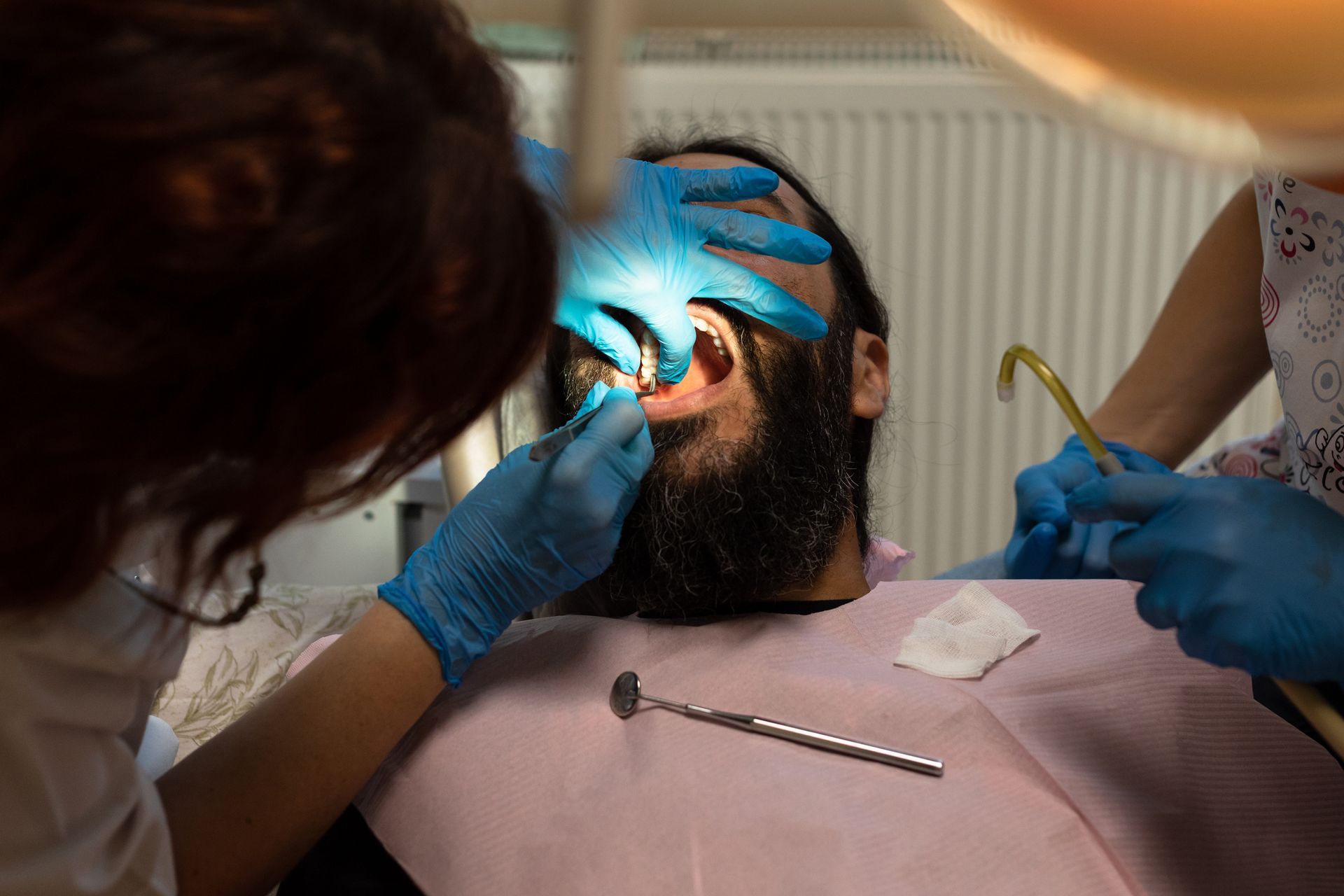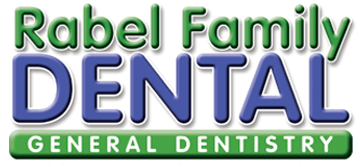Losing one or more teeth impacts more than just your appearance, it affects your ability to chew, speak clearly, and maintain proper jaw alignment. Over time, untreated tooth loss can lead to bone resorption, shifting of adjacent teeth, and even changes in facial structure.
Dental implants
offer a scientifically proven, long-lasting solution that restores both aesthetics and function by mimicking the natural tooth root. But not everyone is immediately suited for this advanced treatment.
Understanding whether you meet the physiological and behavioral benchmarks for dental implants in Baton Rouge, LA, is crucial before proceeding. If you’re exploring your options, a qualified dental professional can assess your oral health and determine the best course of action.
These are 3 essential criteria to determine if you’re a good candidate for dental implants:
1. Healthy Gums
One of the most critical prerequisites for successful implant placement is healthy gum tissue. Periodontal disease—especially in its advanced stages—creates an inflammatory environment that interferes with osseointegration, the process by which the implant fuses with the jawbone. Patients with active gum disease must undergo periodontal therapy before implant surgery can be considered.
Left untreated, infection can compromise healing and increase the risk of early implant failure. Signs of healthy gums include firm pink tissue, absence of bleeding during brushing, and no persistent bad breath. Regular professional cleanings and at-home oral hygiene are essential for maintaining this baseline. When evaluating eligibility for dental implants, clinicians always prioritize periodontal stability.
2. Adequate Bone Density and Jaw Structure
Because dental implants are anchored directly into the jawbone, sufficient bone volume is non-negotiable. After tooth extraction, the surrounding alveolar bone begins to deteriorate due to lack of stimulation—a process known as bone resorption. Over time, this can leave insufficient structure to support a standard implant. Dentists use 3D cone beam imaging to assess bone height, width, and density in precise detail. If bone loss is present but not severe, bone grafting may be recommended to rebuild the site. This procedure involves placing donor or synthetic bone material to encourage new growth.
In select cases, zygomatic or pterygoid implants—which anchor into alternative facial structures—may be used. Regardless of the approach, bone quality remains a cornerstone of candidacy for dental implants.
3. Smoking and Systemic Health
Beyond anatomical considerations, behavioral and systemic factors significantly influence implant outcomes. Smoking is one of the most well-documented risk factors: nicotine constricts blood vessels, reducing oxygen delivery to healing tissues and impairing the body’s immune response. Smokers face up to a 20% higher failure rate compared to non-smokers.
Additionally, uncontrolled diabetes, autoimmune disorders, and certain medications (such as bisphosphonates) can affect healing and bone metabolism. That said, many of these conditions do not automatically disqualify a patient, they simply require closer monitoring and preoperative optimization. Full medical disclosure during consultation ensures that risks are properly assessed. For those serious about long-term success, addressing modifiable habits like tobacco use is a critical step toward qualifying for dental implants.
Common Clinical Indications for Implant Placement
Dental implants are not just for replacing a single missing tooth. They are widely recommended in several common scenarios:
· Single-tooth gaps, where a standalone crown on an implant avoids grinding down healthy adjacent teeth (as required for traditional bridges).
· Multiple missing teeth, where implant-supported bridges eliminate the need for removable partial dentures.
· Full-arch edentulism, where as few as four to six implants can securely anchor a fixed prosthesis, replacing an entire arch of teeth without slippage or adhesives.
· Failing dentures, which often result from progressive bone loss, leading to poor fit and discomfort. Implant-retained overdentures restore stability and chewing efficiency.
In each case, dental implants provide a functional and aesthetic advantage over conventional alternatives, with success rates exceeding 95% over 10 years when placed in suitable candidates.
Alternative Solutions for Non-Ideal Candidates
Not every patient is ready for standard implants on day one, but that doesn’t mean permanent tooth replacement is out of reach. For those with moderate bone deficiency, mini dental implants offer a less invasive option with a narrower diameter, often used to stabilize lower dentures. Alternatively, all-on-4 or all-on-6 protocols strategically place longer implants at angles to maximize existing bone, sometimes eliminating the need for grafting. If significant bone loss is present, sinus lifts (for the upper jaw) or ridge augmentation (for the lower jaw) can reconstruct the foundation over several months.
These preparatory procedures are routine in modern implant dentistry and expand accessibility to a broader range of patients. While these paths may extend the treatment timeline, they ultimately lead to the same goal: a durable, natural-looking restoration.
The Importance of Personalized Evaluation
Candidacy for dental implants is never a one-size-fits-all determination. A thorough assessment includes clinical examination, digital radiographs, 3D imaging, and a review of medical and dental history. This comprehensive approach identifies not only readiness, but also potential risks that could be mitigated before surgery. Many patients assume they’re ineligible due to age or past dental issues, yet advances in bone regeneration and implant design have made treatment possible for far more individuals than ever before. Regular follow-ups and meticulous planning are what transform complex cases into successful outcomes.
Leave the Dental Implants to Us
If you’re considering tooth replacement and want to know whether dental implants in Baton Rouge, LA, are right for you, begin with a professional evaluation. For those in need of further guidance or a second opinion, Rabel Family Dental offers no-charge consultations to assess your unique situation. With expertise in implant dentistry and advanced diagnostic technology, they help patients make informed decisions about their oral health. Call
225-775-0160
to schedule your appointment today.







